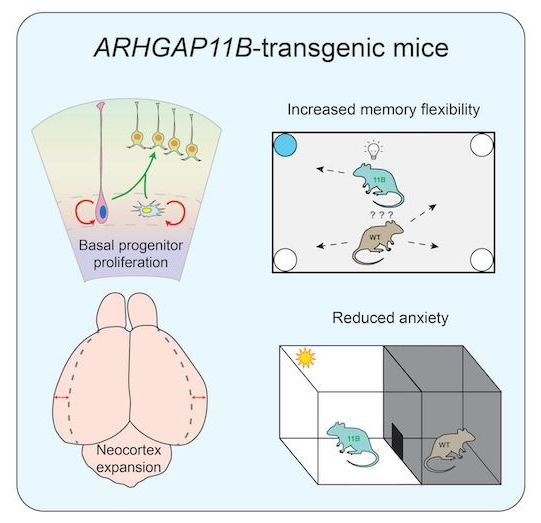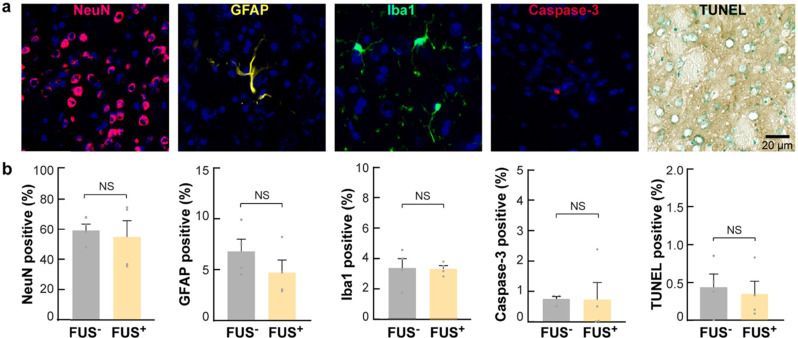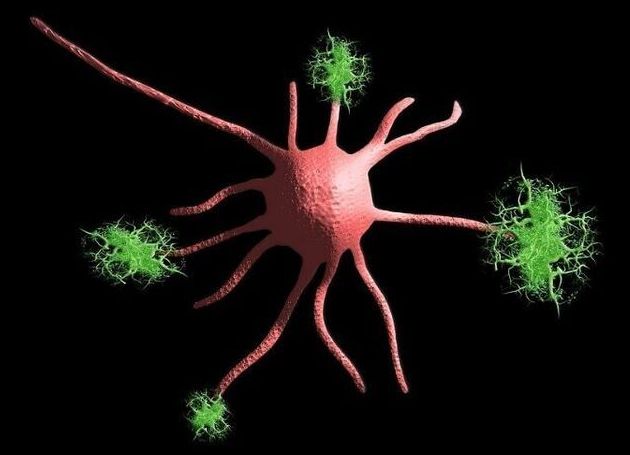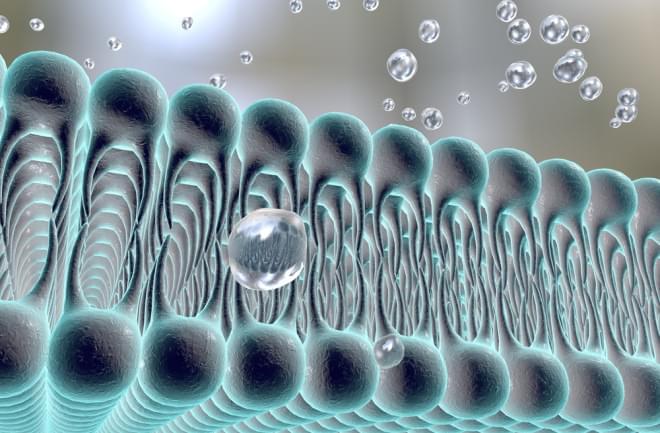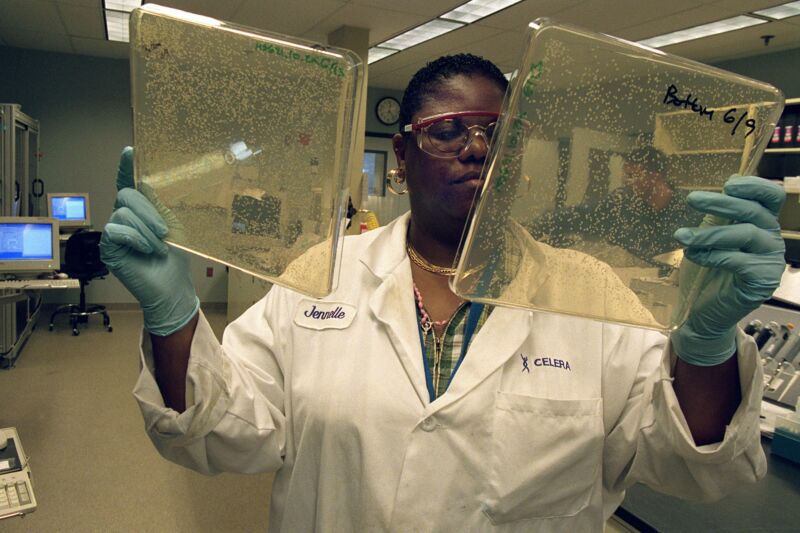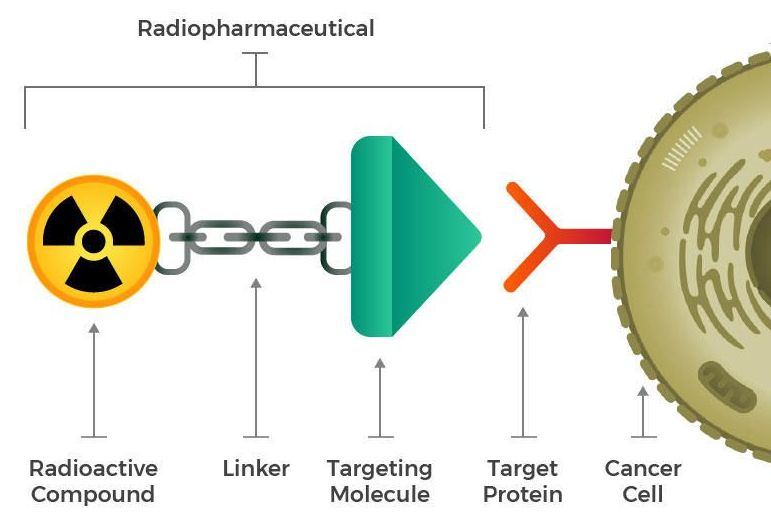The world is one step closer to ultimately secure conference calls, thanks to a collaboration between Quantum Communications Hub researchers and their German colleagues, enabling a quantum-secure conversation to take place between four parties simultaneously.
The demonstration, led by Hub researchers based at Heriot-Watt University and published in Science Advances, is a timely advance, given the global reliance on remote collaborative working, including conference calls, since the start of the C19 pandemic.
There have been reports of significant escalation of cyber-attacks on popular teleconferencing platforms in the last year. This advance in quantum secured communications could lead to conference calls with inherent unhackable security measures, underpinned by the principles of quantum physics.


